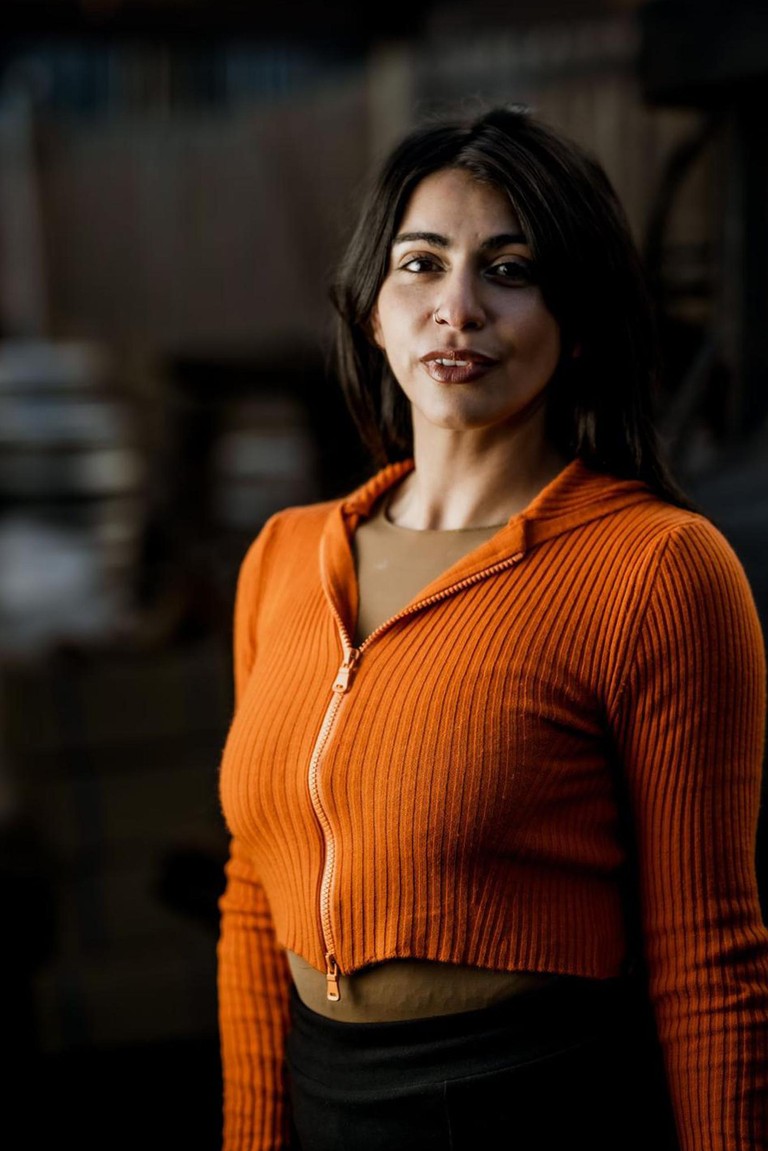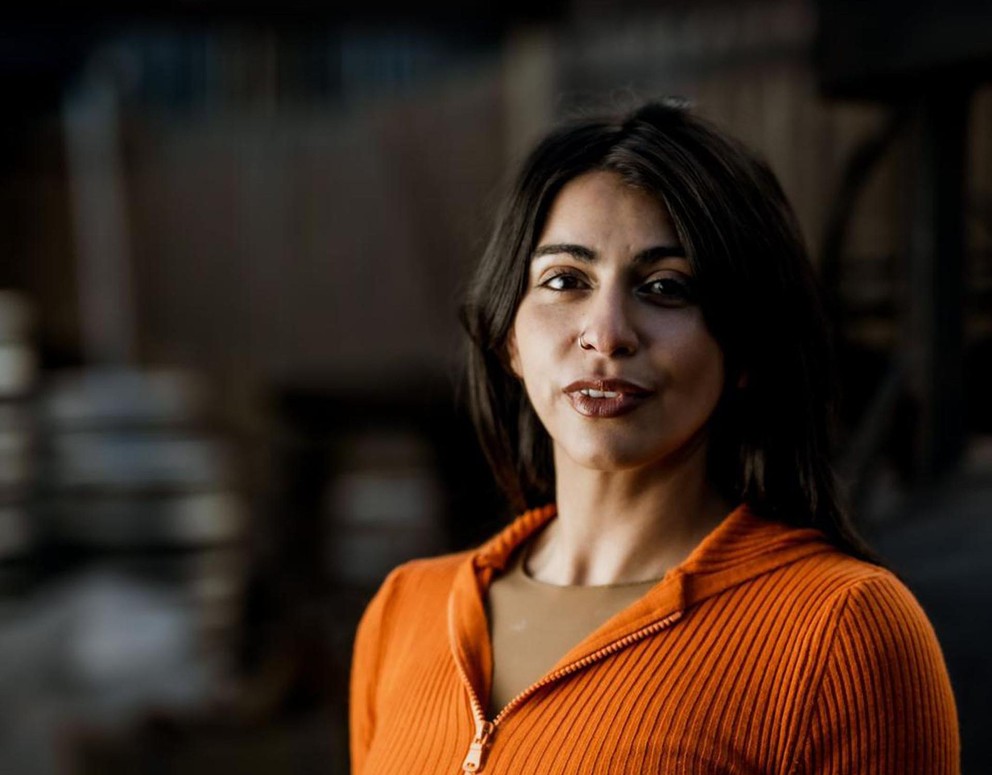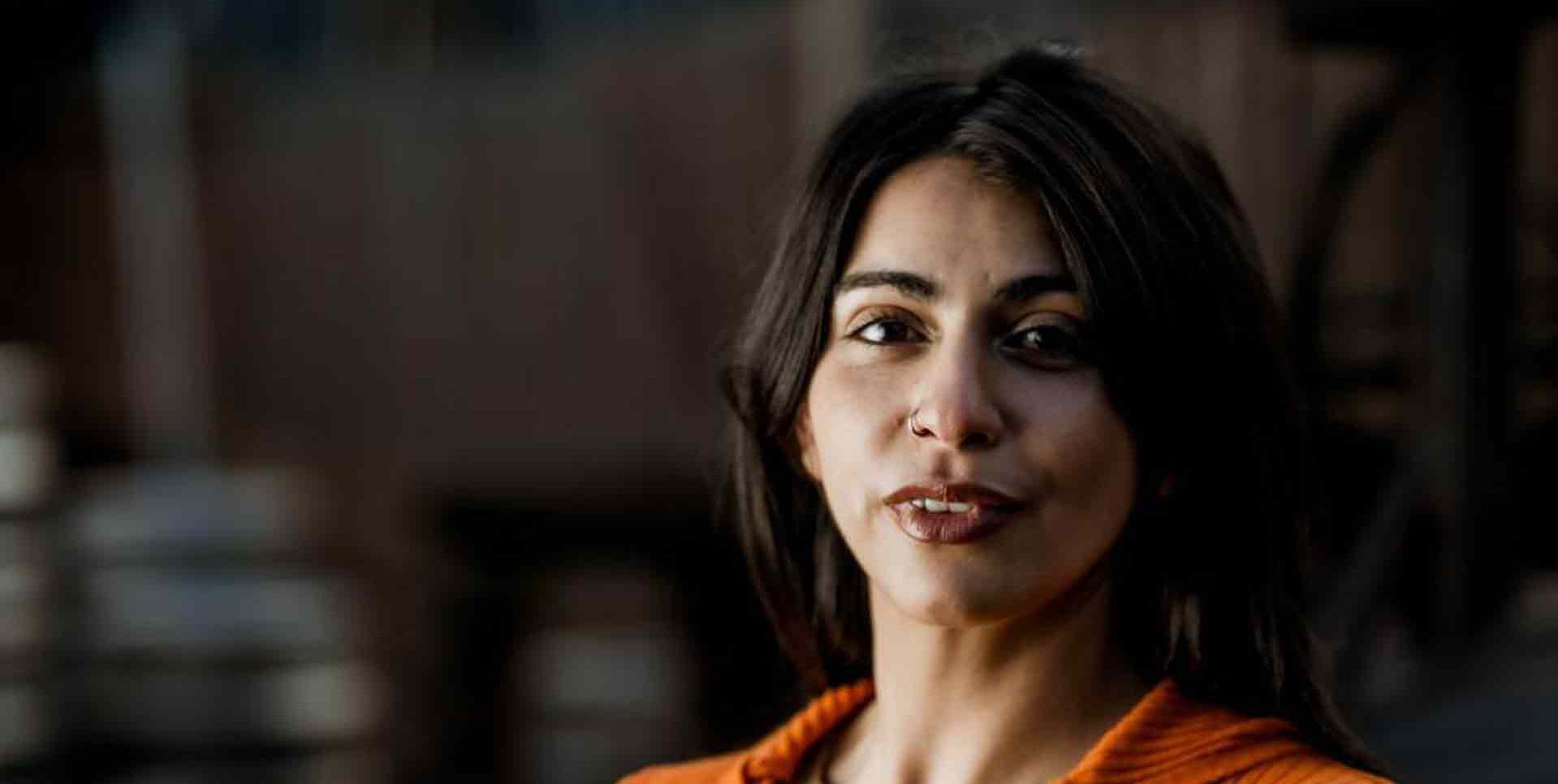March 08, 2023
Mursal is the Director of Cue Point and founder of Cue Point Kitchen, which is a corporate social responsibility raising the generational wealth of racialised people in the UK hospitality sector.
What are you most proud of in your career?
I’m most proud of, in my career, creating a space that is not just cultivated for racialised individuals within hospitality, but it’s made to elevate them. It’s made to give them their power back and it’s made to break down a huge part of systemic racism within the industry by literally postmodernly flipping all of those systemic narratives within Cue Point and Cue Point Kitchen. Empowering racialized individuals within this space is the reason I get up every morning and do what I do. Because there’s one thing selling barbecue but there’s another doing barbecue for the many, not the few.
Have you faced any barriers in your career due to being a woman?
Absolutely. Absolutely. I guess it’s more than when you look at feminism, but look at intersectional feminism there’s one thing, being a woman, there’s one thing being a white woman, there’s one thing being an ethnic woman, there’s one thing being a black woman, there are so many different obstacles within the genre of women. I think intersectional feminism is the approach where you’re like, yes, there are obstacles of being a woman, but being an Afghan woman, and being an ethnic woman with a refugee background and not having that generational network wealth, knowledge, language, learning this language, and still at times as much as you get “you’re fluent, you’re so fluent” you’re like, yeah, but it’s just a mishmash of all these different accents and things that you’ve just picked up since childhood. The amount of obstacles that I face, particularly from men within the industry, regarding what I do and saying that it’s really silly to incorporate racial equity within my work, it will affect my business, it will affect my profit, it’s not a good idea that nobody wants to be educated, while they’re eating. The amount that this has been said, and churned over, I can safely say, after eight years: you’re wrong. And I never listened to you. And I’m really grateful that I didn’t, because it just goes to show that obstacles are there to be challenged, that’s why it’s an obstacle. It’s not something to go “oh, cool, I’ll just sit here then.” So yeah, quite a few obstacles.
How do you think we can reach equity in the hospitality industry?
Well, I have got five pillars in Cue Point Kitchen that are all about attempting to reach some level of racial equity within the industry. For me, the five things that are so important because of the fact that racialised individuals particularly suffer within these five elements, I call it the five pillars of Cue Point Kitchen.
Financial management. Generational wealth isn’t able to be circulated and distributed to the more diverse community because of the fact that financial management and financial knowledge is something that is quite privileged. So providing people with financial knowledge, how to start a business, fundraising, how to manage their own finances, how to manage taxes, is really important.
English language acquisition. The importance of the narrative and the language of which the country of which you are in, or within, is so crucial. Because it’s not just the fluency, it’s not just the pronunciation. Language is that barrier and that obstacle and the racial discrimination that comes from multiple accents in this and we need to break that barrier through by literally providing basic English language acquisition and not letting it be another barrier that prevents racialised individuals from growing in their wealth and from growing within this space.
The third one, professional catering qualifications. They’re so crucial to understand the importance of professional development. We pay and we provide professional catering qualifications because we understand how much it can stop somebody especially of a racialised background who hasn’t realised the importance of saying yes to those professional qualifications, to adding to their CV, to realising that raises their profile, that it gives them the opportunity to do what they’re already doing, but with more wealth.
Fourth one, trauma therapy. The importance of mental health and trauma is so crucial. When you come from a racialised background, the generational trauma from grandparents to parents to yourself. It’s all different, and understanding that is a huge part of communication, emotion, articulation; a lot of this when racialised individuals are in certain systemic, micro aggressive situations, passive racial situations. That yes, of course the reactions will be different, they’ll be elevated, they’ll be heightened, and people call this “angry”. But is it anger? Or is it just the chipping away of a person’s soul through micro aggressive to passive to overt racism in everything that they do. So a big aspect is helping to manage that mental state within this world that is not made for us, but we must navigate.
The fifth one is business development and network. By that I mean that both come hand in hand to start a business or to be in that position like a few of our amazing incredible staff at Cue Point and Cue Point Kitchen are now in the process of doing. In order to do that, one needs to have a network because network is net worth really, let’s be honest, who you know, within this space is so important and they bring the wealth.
If you could have dinner with a group of inspirational women, dead or alive, who would they be?
One of the women that I would absolutely love to have dinner with is Jane Elliott. She is a huge inspiration and her teachings and concept and decolonisation of not just race but the understanding of race, anti-racism, the postmodern approach she has to it, the breaking down of barriers and semiotics and symbols to fully get into people’s heads psychologically, I would love to sit down at dinner with her and speak to her about her work, and she did it in a time that was even more difficult than we are now. So you’re thinking during the 80s, how difficult it must have been but to have an ally like that, a white woman who is such a pure ally in everything that she does, that understands her privilege to another level and utilises it for the best cause is a true inspiration. The final woman is Ruby Bridges. I would love to sit down with Ruby Bridges. I think she is an entire inspiration, a moment in history and time. Ruby Nell Bridges, is an American civil rights activist. She was the first African American child to basically go to an all white school, she had security constantly with her, she was the only one, she had people protesting outside when she’d go to school, she was very little. To imagine what she went through and what she saw and how much you had to grow within that age and to understand those concepts so early on, but also have the power and strength each day to want to go to school within that space. I think what an incredible woman and I would love to sit down and meet you and just pick your brain.


